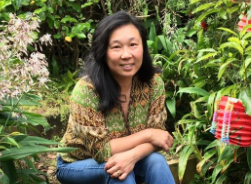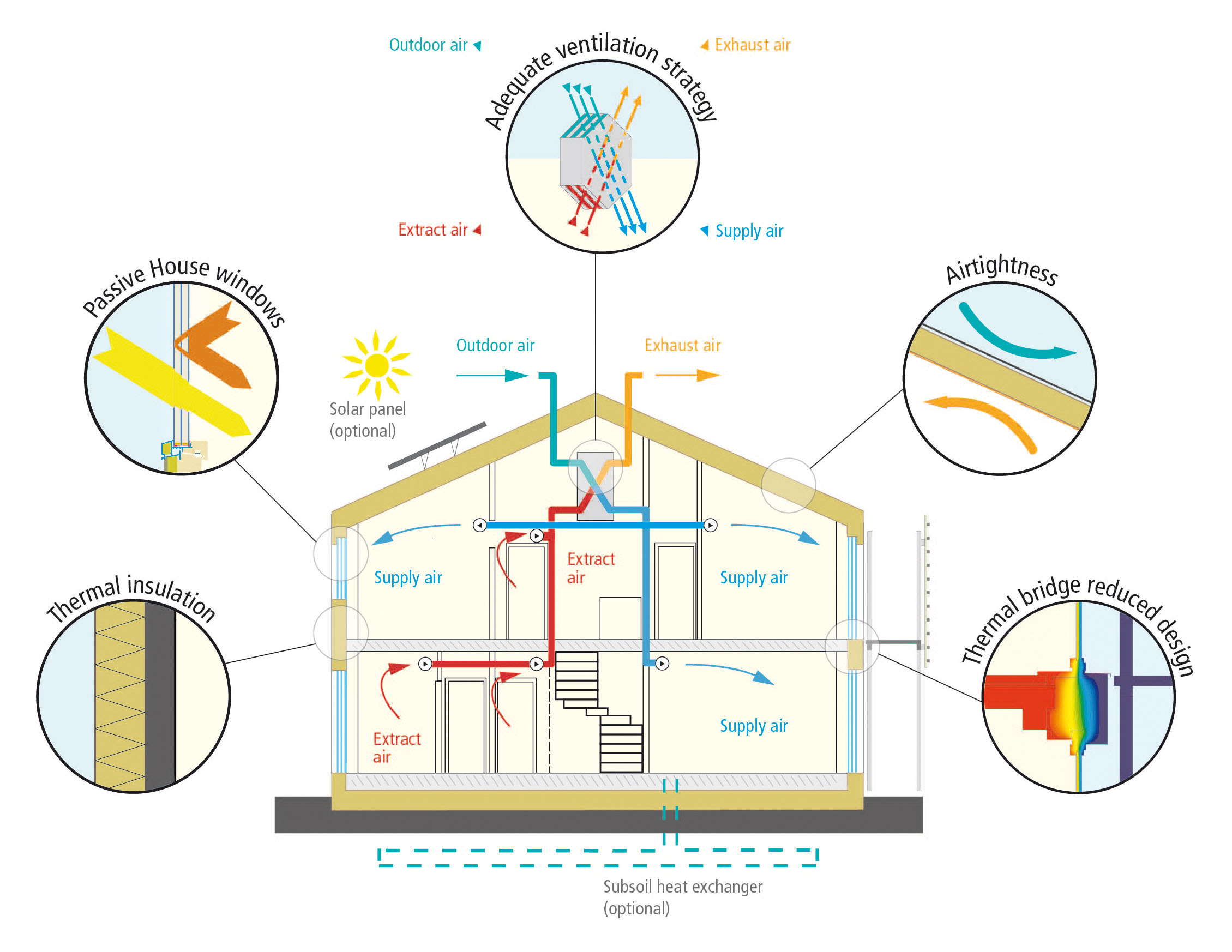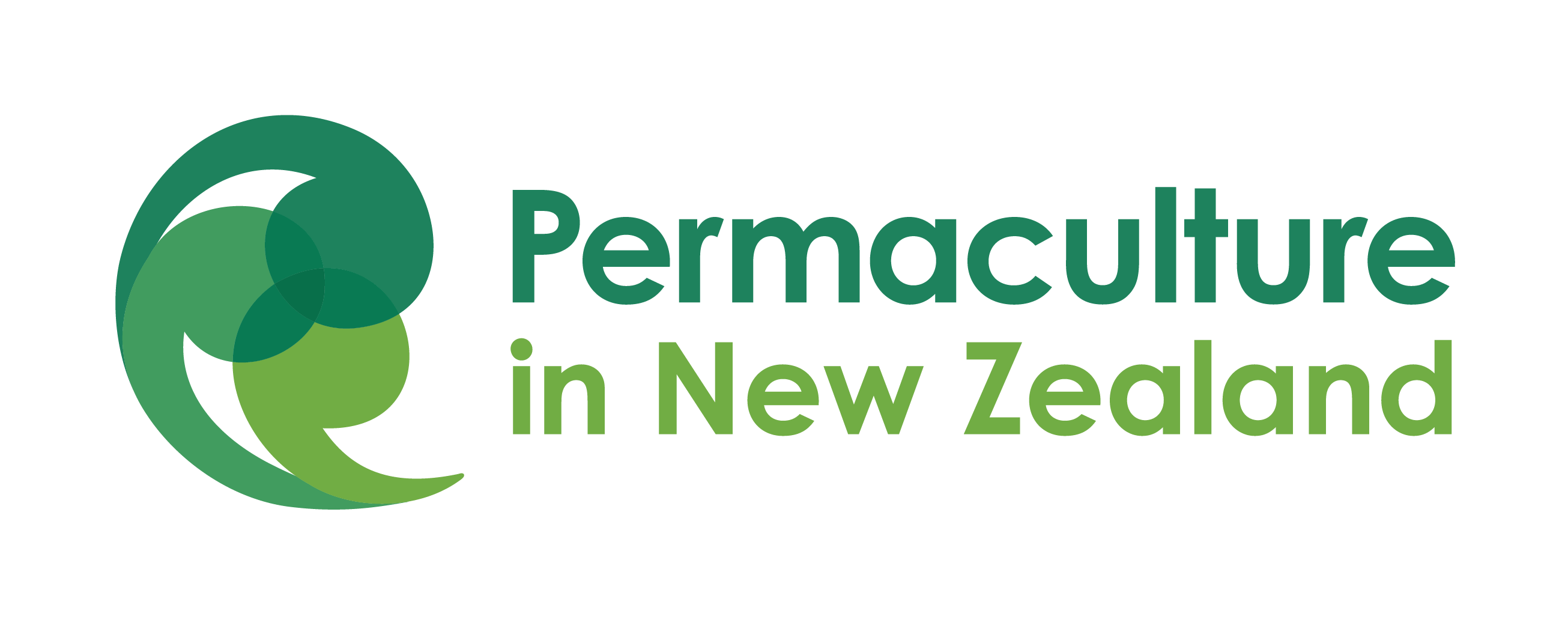| Kia ora koutou Permaculture Whanau, Firstly apologies on behalf of the council for the delay in getting this newsletter out to you all. There have been some changes by both Google and Yahoo introducing a stricter email sending policy, and this affected Mailerlite the system we have been using to send out our newsletter. We are continuing to work on resolving these issues and will keep you updated. So for now, what you can expect from us, is two newsletters in quick succession.Hopefully you have had a productive and joy filled summer season and have been reaping the bounty of seeds sowed earlier in the season (both literally and figuratively). With an almost entirely new council elected at the AGM, we have been finding our feet as a team and stepping into our roles.I am remaining in the role of Chair for this year but am supported by Amanda Warren as Co-Chair which I am excited about as Amanda brings a wealth of skills with her that compliment mine, and sharing roles is an important part of succession planning. We are also joined by Alex Hildebrandt, Alaina George, Lucretia Charan who were elected alongside Amanda and bring a diverse knowledge of permaculture and a range of skills that along with their enthusiasm, will benefit the membership. Additionally, following the AGM the council co-opted on Mei Leng Wong, deputy editor of NZ Gardener magazine, and you can learn more about Mei Leng below.As a member based organisation it is really important that our members feel heard, can share their stories and stories in their community of permaculture in action, and can contribute to the organisation in ways that result in the success of PiNZ. So if you have a permaculture event coming up, know of something happening in your community, have a good news story from New Zealand or around the world that you want to share, or have questions, ideas or suggestions for council then please get in touch using the contact us form on the website. Council review all contact us forms and will respond as soon as we can.You can expect to hear more from us again soon but in the meantime Merve has prepared a great newsletter for you.Nga MihiFiona MoorhouseChairperson Permaculture in New Zealand Connect with Permies Near You Have you ever wondered if there were likeminded people in your area who you could build connections with? Well now you can register your details and find other close by to share ideas tools and skills, connect and build stronger communities, as well as learn and support each other as we spread the influence of permaculture through our communities across New Zealand. https://permaculture.org.nz/build-connections/ Become part of our interactive map by sharing your details (as much or as little as you would like), find like-minded individuals in your area, and together, let’s cultivate a stronger, sustainable future. Join the movement! Discover the power of connection! #PermacultureNZ Meet Mei Leng Wong  I’m Mei Leng Wong. I have been the deputy editor of NZ Gardener magazine since 2017 – it’s the perfect job for me, combining my personal interest in gardening and permaculture with my career as a journalist and editor, which began in my native Malaysia more than two decades ago. One of the first things I did when I came to New Zealand in 2014 was study for a Certificate in Organic Horticulture, and since then, promoting and helping to spread the word about permaculture have been big goals of mine. As well, meeting and interviewing New Zealand’s most passionate and knowledgeable permaculture practitioners, food growers and gardeners continue to inspire me. I am a Cantonese and Malay speaker, with somewhat functional Mandarin, and am currently pursuing proficiency and literacy in te reo Māori. I was proud to be named Best Journalist (Home, Food & Lifestyle) at the 2020 Magazine Media Awards. Mei Leng Mei Leng Wong 黄美玲 Deputy Editor, NZ Gardener Best Journalist (Home, Food & Lifestyle) Magazine Media Awards 2020 Principle 8 : Use Small and Slow Solutions  Use Small and Slow Solutions We all know the story about the turtle and the rabbit. Rabbit challenged the turtle for a race thinking he would be too slow. As it goes, the turtle actually won the race because he didn’t stop and kept going. This story tells us slow and steady wins the race, just like Principle 9: Use Small and Slow solutions. What does it mean to use small and slow solutions? To do things slowly? Choosing small tasks? In a time where we have access to everything we want right now, it is hard to understand why we should go for small and slow solutions. This principle is about creating systems to function at the smallest scale that is practical and energy efficient. Natural systems manage themselves according to a long term plan while adapting over time to changes and challenges. On the other hand, humans have been scaling up constantly and in the space of just 60 years, we have wiped out muuch of our topsoil that grows our soil. Nature can’t adapt to overuse of land and exposure to chemicals at this rate, therefore, we are reminded to use the smallest and slowest solution that will have the biggest impact over time. For example making compost at home instead of buying ready made fertilizers or supporting local farmers markets instead of shopping malls. It is about understanding the impact of our actions over a long period and using the tools we have to create relationships not only amongst us as humans but to all living beings. Designing our land practices to enhance those relationships will not only restore the land but also will create harmonious human communities. Passive Solar Design Most of us have heard the term passive solar design. While the term passive solar design may evoke images of unconventional, fully self-sufficient homes, it’s becoming a mainstream choice for builders, architects, and homeowners. This design philosophy revolves around harnessing and storing the energy from sun to release overnight. Passive house features essential elements including orientation and shading, properly sized and positioned windows, the right choice of glazing, passive ventilation, insulation and thermal bridging ventilation and airtightness. Passive solar building design orchestrates the utilization of windows, walls, and floors to capture, store, and distribute solar heat during winter while deflecting it in the summer, and can include mechanical heat recovery and ventilation systems. Key factors include the building’s location, orientation, layout, window design, insulation, thermal mass, shading, and ventilation. These elements collaboratively contribute to achieving optimal temperatures and indoor air quality. Retrofitting insulation proves challenging, emphasizing the importance of initially securing the right solar access through strategic considerations like location, orientation, room layout, window design, and shading. Insulation and thermal mass work in tandem to maintain consistent temperatures, while ventilation not only passively cools but also enhances indoor air quality. A holistic approach is crucial, considering the interplay of these elements in passive solar design. Passive solar design harnesses the function of natural elements. By strategically capturing and utilizing solar heat in winter while minimizing overheating in summer, this eco-friendly approach not only reduces reliance on mechanical heating and cooling systems but also enhances indoor comfort, making it a sustainable and cost-effective choice for energy-conscious homeowners. Living in a passive house has a range of benefits and after discovering a strawbale house was not an option for their block our Chair Fiona opted for an eHaus, and having returned from nearly 20 years in Australia, loves having a home that consistently stays between 18 and 24 degrees all year round with no additional heating. Find out more: https://passivehouse.nz/about/about-passive-house/ https://www.ecodesignadvisor.org.nz/passive-solar-design/ https://ehaus.co.nz/   Looking to connect? Coming up this month our members are holding events around the country. Head over to our website and check out what is being offered in your local area. If you are a member and have an event coming up that you would like to promote on the website, please get in touch by emailing Permaculture In New Zealand. |
